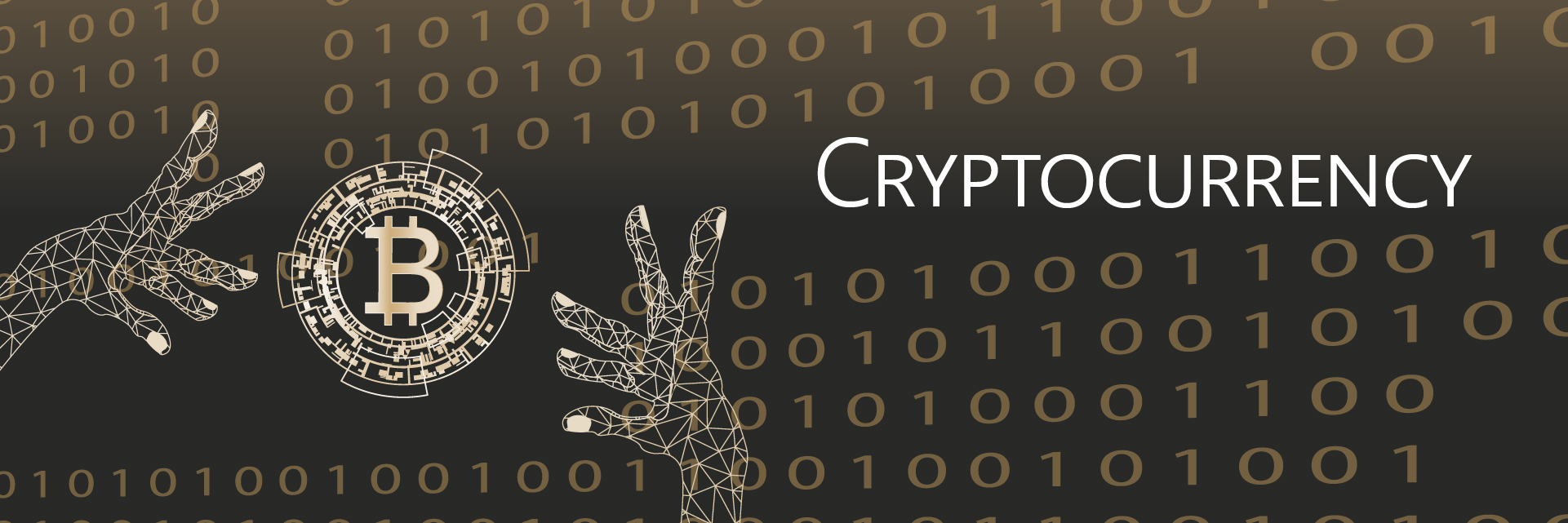
The One Question Concerning Digital Assets that Lawmakers Need to be Answering
- Published
- Oct 7, 2019
- Share
As markets around the world become increasingly interconnected and technology dependent, lawmakers across the planet are racing to keep pace with the ensuing financial innovation.
And, the first nation to perfect a regulatory framework, wins.
And, wins big.
Hence, the reason why Facebook’s announcement to launch a new global digital currency in Switzerland sparked a flurry of congressional hearings aimed at exploring potential U.S. regulatory constructs for digital assets and blockchain.
I forewent Netflix to binge-watch CSPAN in hopes of gaining an understanding of how the U.S. intends to maintain its leadership role in a global economy which is rapidly being transformed by technological and regulatory progression.
After watching hours upon hours of tech and crypto entrepreneurs, academics, regulators and finance specialists provide testimony and field questions from legislators, it became clear to me that America’s standing in a modern-day digital economy may be determined by the answer to one single question:
Is an entirely new regulatory regime even necessary or is the existing U.S. framework sufficient to govern the proliferating universe of digital assets?
In July, crypto entrepreneur and Circle CEO Jeremy Allaire testified before the Senate Banking Committee citing the necessity for a new regulatory regime for digital assets. Allaire recommended that Congress “consider new laws that protect consumers while not causing companies to fixate on nearly century-old definitions.”
According to Allaire, due to the uncertain and restrictive regulatory environment, U.S. blockchain companies have already lost considerable market share – mostly to Asian-based, crypto companies. In fact, regulatory uncertainty in the U.S. has caused many digital asset projects and companies – including his own – to domicile outside of the United States where cryptocurrency laws are far more favorable.
Congressman Patrick McHenry, ranking member of the House Financial Services Committee, recently voiced similar fears during a hearing with the chairman and all four commissioners of the SEC by acknowledging that there is a larger ecosystem to raise capital outside of the U.S. jurisdiction, driving innovation away from the U.S.
Despite these concerns, McHenry praised the SEC for its work on Blockstack’s recent $23 million digital token offering under Regulation A+, the first SEC-authorized digital token offering whereby all investors (including unaccredited investors) would receive “tokens” as opposed to equity in exchange for their investment.
McHenry cut to the chase and questioned whether the commissioners now – looking through the Blockstack approval process – believe that there is a solid ecosystem for cryptocurrencies to exist and raise capital in the U.S.
Commissioner Hester M. Peirce, referred to by many as “Crypto Mom” because of her supportive stance on digital assets, conceded that there is still work to do “to make sure people can develop digital assets in the U.S. in compliance with our rules.”
Peirce testified that she would like to see more forward thinking in the regulation of a type of digital assets known as utility tokens, declaring, “I don’t know that the security law frame that we have right now is the appropriate law frame,” adding that she would like to see some sort of safe harbor for utility tokens.
SEC Chairman Jay Clayton expressed his support with the current system maintaining that “over the years, the SEC has developed a regulatory ecosystem that serves investors well.”
Chairman Clayton’s position, of course, depends upon what types of digital assets indeed constitute securities – another issue awaiting clarification from lawmakers. Notably, the SEC commissioners declined to confirm whether Facebook’s Libra Coin would eventually be considered a security in the U.S.
Interestingly, Rebecca M. Nelson, an author and specialist in international trade and finance, testified this summer that there has been increasing discussion about whether cryptocurrency regulations need to be harmonized across countries.
Whether or not nations across the globe will ultimately work in tandem to create a universal framework for digital assets remains to seen.
In the meantime, what is indisputable is that world-changing technology has arrived. It’s now up to the lawmakers to ensure that it is maximized. Deciding whether an entirely new regulatory regime is mandatory or if the existing U.S. framework would suffice is the definitive starting point.
Contact EisnerAmper
If you have any questions, we'd like to hear from you.
Receive the latest business insights, analysis, and perspectives from EisnerAmper professionals.









